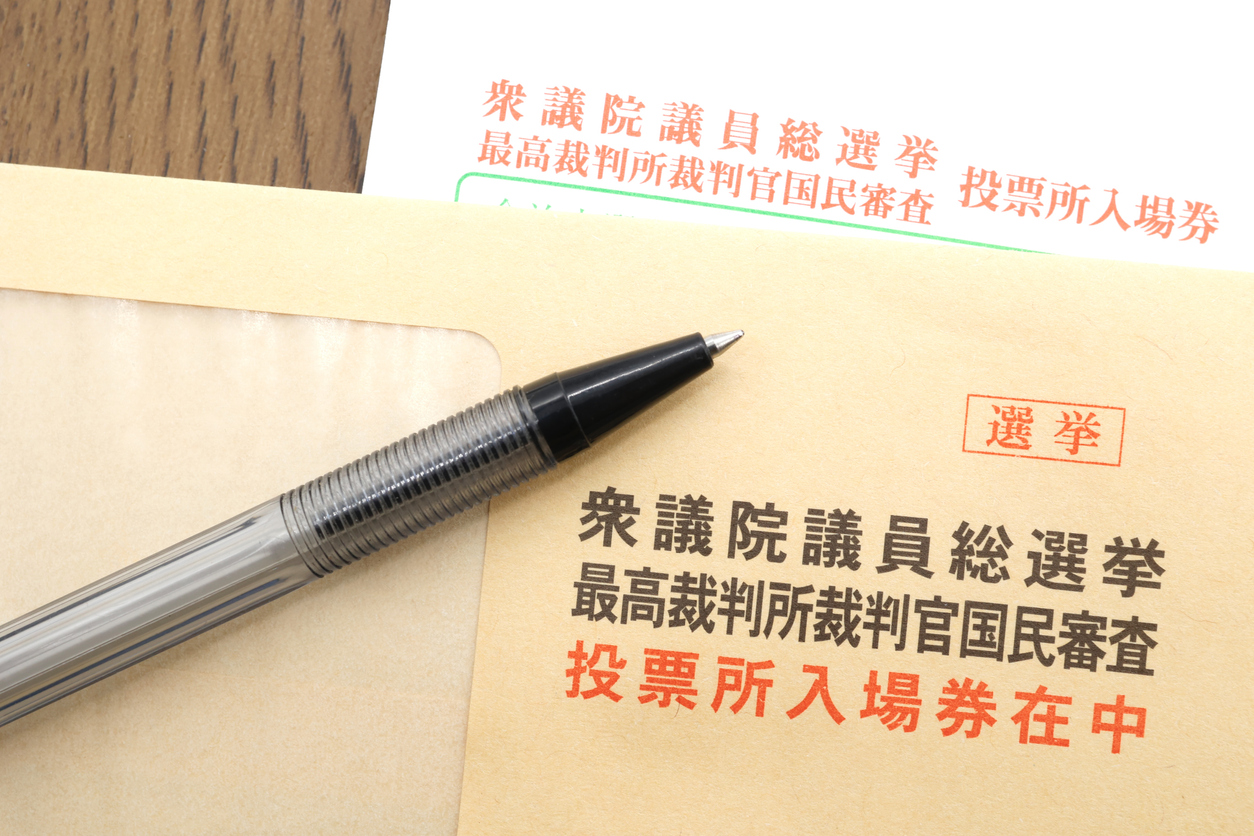2024/02/16
How Solid is Democracy? Japan Must Urgently Reform “Politicians”

On January 28, Niger, Mali, and Burkina Faso expressed they would leave the Economic Community of West African States (ECOWAS), saying that certain foreign powers are behind it and pointing the finger at the United States and Europe. These three countries are all under pro-Russian regimes that have been subjected to coups, and there have been concerns about destabilization and further strengthening of power in the Sahel region. On January 31, The Constitutional Court of the Kingdom of Thailand ruled as “unconstitutional” the claim of the largest opposition party that called for amending the lèse-majesté laws, and thus the discussion on reforms of the Royal Family is now blocked. It can be said that freedom of speech in Thailand has substantially regressed.
There have been and will be many important elections all over the world this year, and what is questioned now is the future of democracy. In the general election in Bangladesh that was held in January while the opposition party was boycotting the poll, the ruling party, which is becoming increasingly autocratic, won an overwhelming victory. In the following presidential election in Taiwan, the candidate of the ruling Democratic Progressive Party (DPP), who keeps distance from China’s communist policies, won, and the national policy of democracy was barely defended as a result. The presidential election in Indonesia will also be held in February. Although the current government administration in Indonesia is popular for its favorable stance toward common people, its aspects of a return to kinship politics and tighter control over criticism of the government have been pointed out. I hope that the election will be conducted freely and fairly. Moreover, although the result is almost certain already, there will also be the presidential election in Russia in March. After that, the general election will be held in India in April and May. The exclusive movement of the ruling party advocating “Hindu supremacism” is worrisome. Then there will be the presidential election in the US in November where the concerns will obviously exist.
In November 2023, the International Institute for Democracy and Electoral Assistance (IDEA), an international non-governmental organization (NGO) based in Sweden, launched “The Global State of Democracy Initiative,” which provides indexes of the performance of democracy in 173 countries. The report reveals a decline in and stagnation of democracy around the world and expresses the concerns that elections, parliaments, independent courts, and other functions that are supposed to protect democracy are collapsing, causing problems for the maintenance of the rule of law.
The term of the House of Representatives in Japan will end in October 2025. While it is expected that the general election after the dissolution of the lower house will be held this year, the current challenge is a political reform, beginning with a “money and politics issue,” even before policy measures are taken. Having said that, the essence of the issue is solely a matter of “money and politicians,” namely the organizational tax evasion by politicians. It can be said that failure to state in an income and expenditure report on political funds is equivalent to a misstatement in a securities report and a violation of the Financial Instruments and Exchange Act if it were in the private sector. If those who make laws disregard the spirit of the laws and neglect their responsibilities, and if they are overlooked, then it is truly a problem that must be solved before taking policy measures or striving for democracy. IDEA stated that an indicator of democratic health is the “size of the civic space.” How broad is such a space? We as sovereigns are ones who are being tested.
This Week’s Focus, February 2
Takashi Mizukoshi, the President